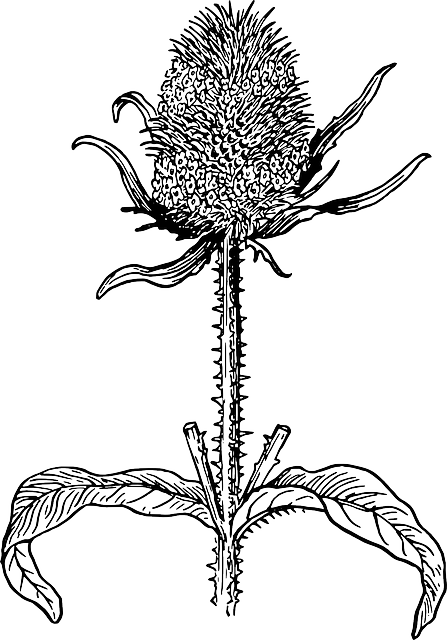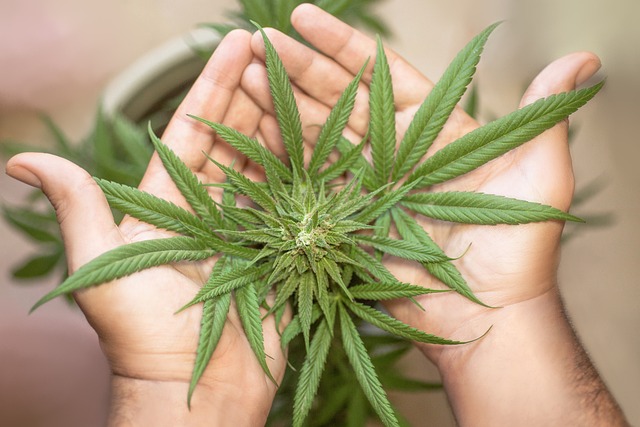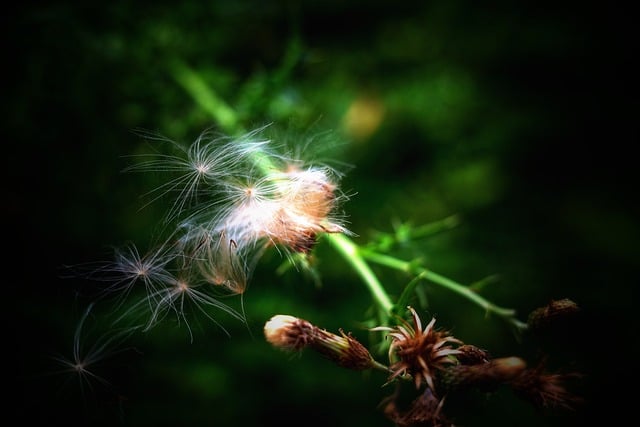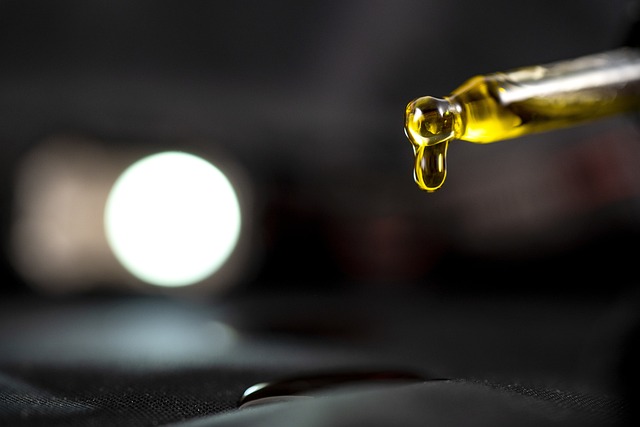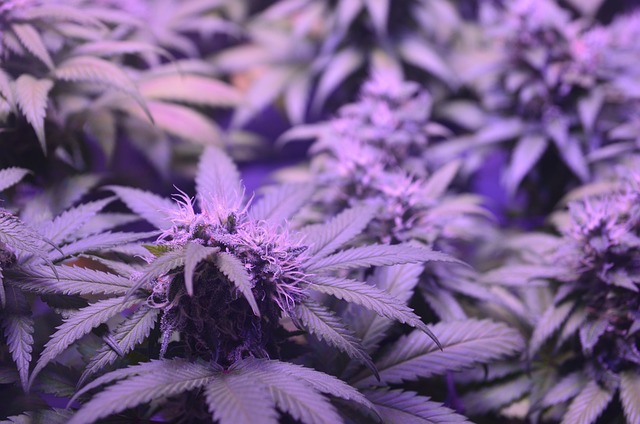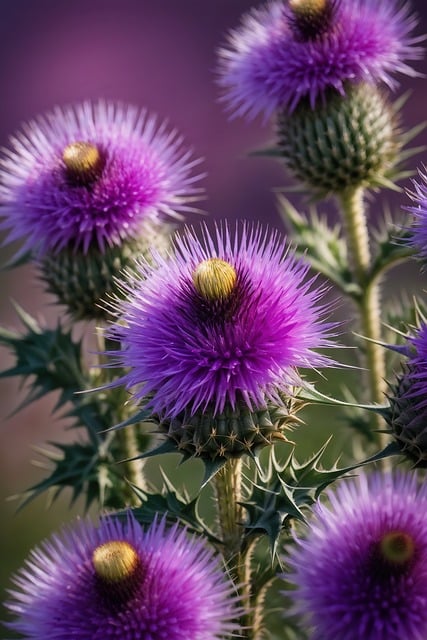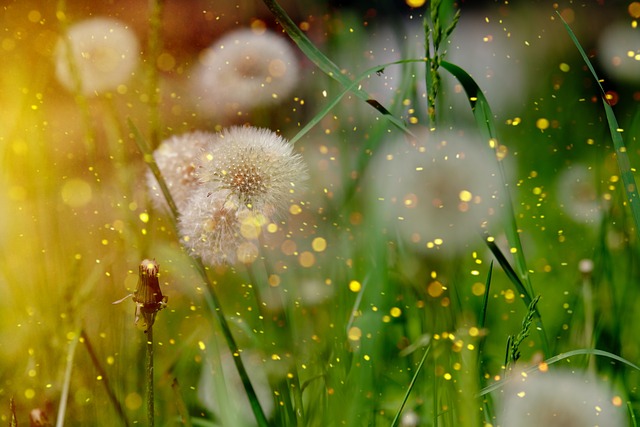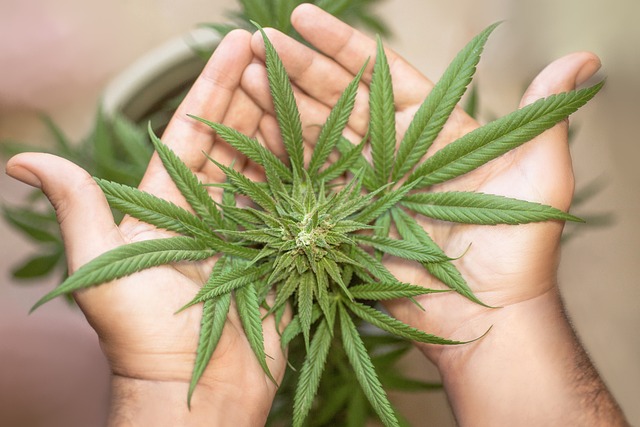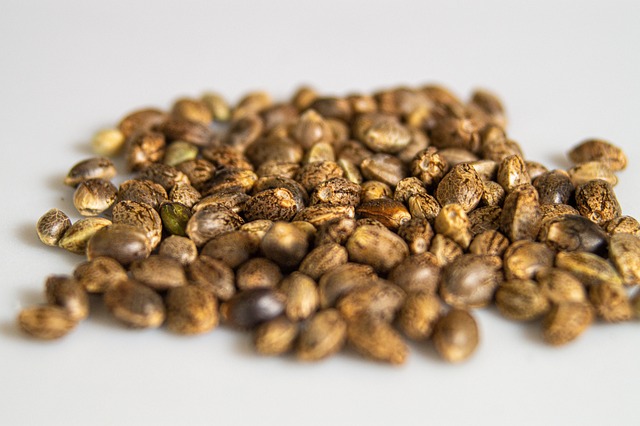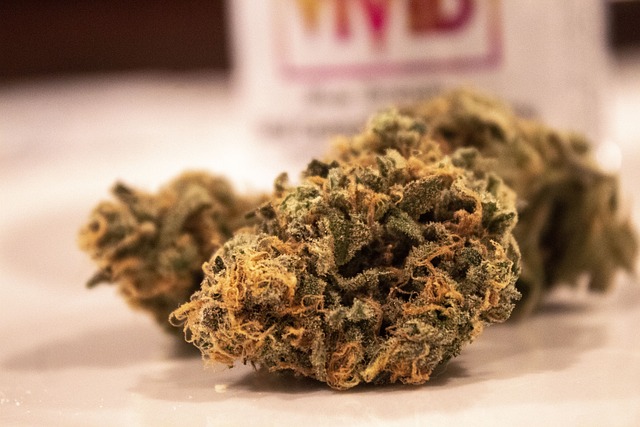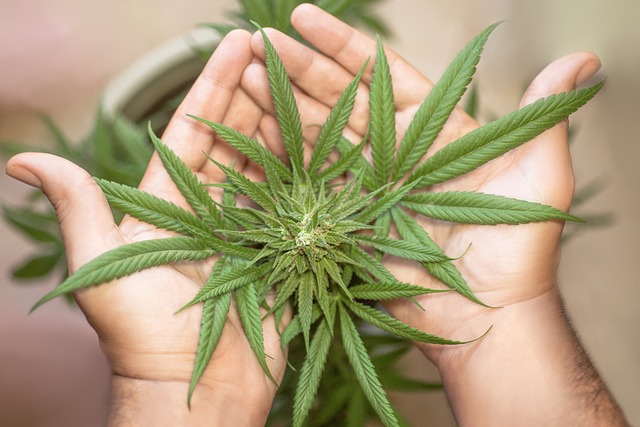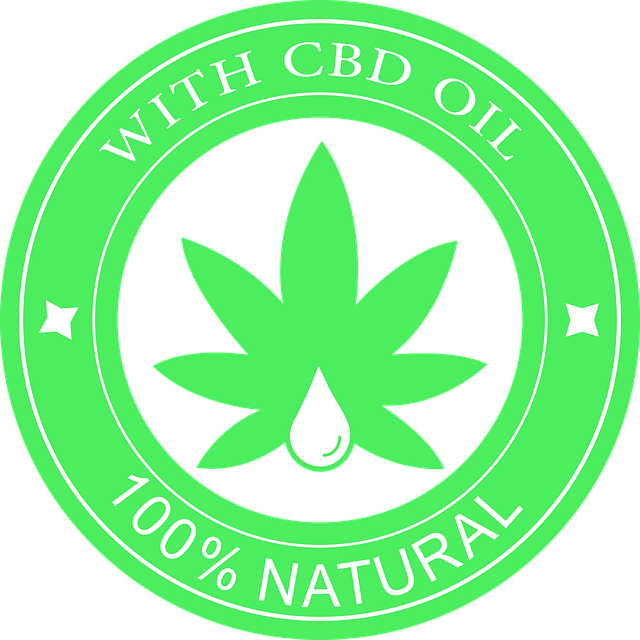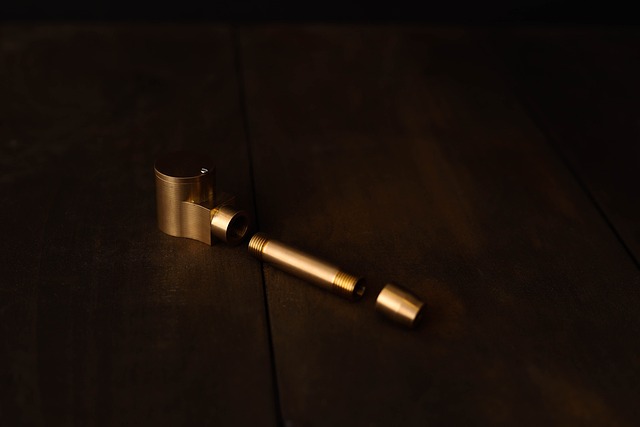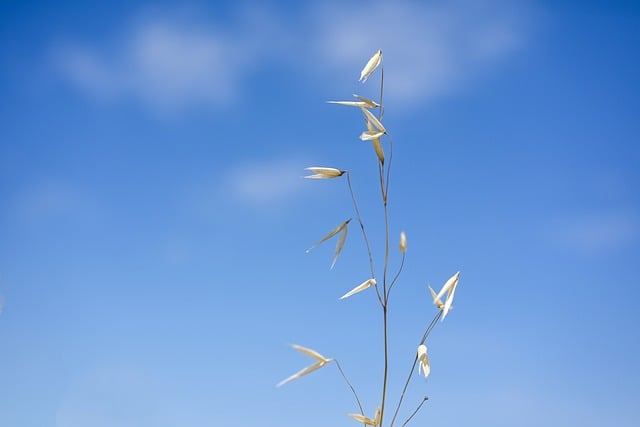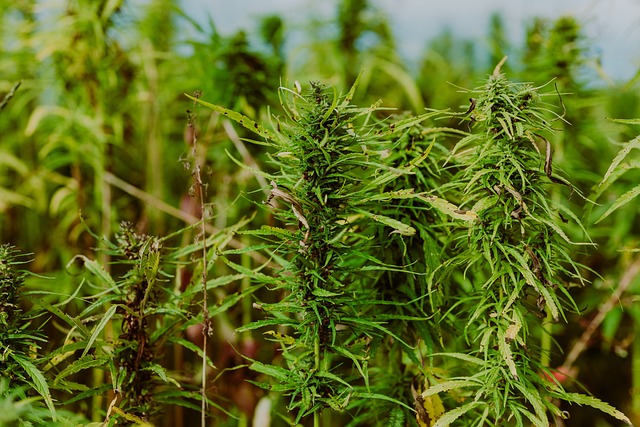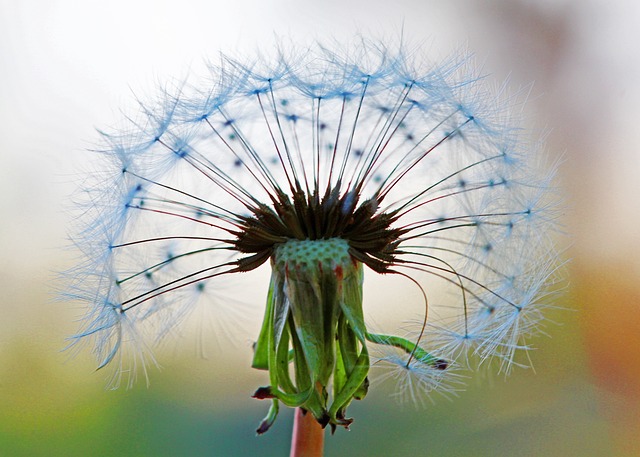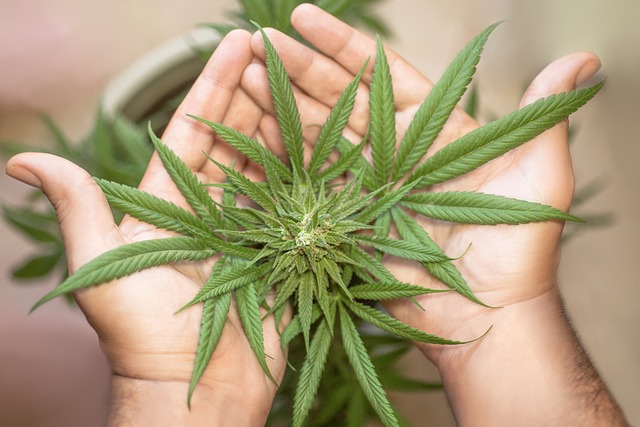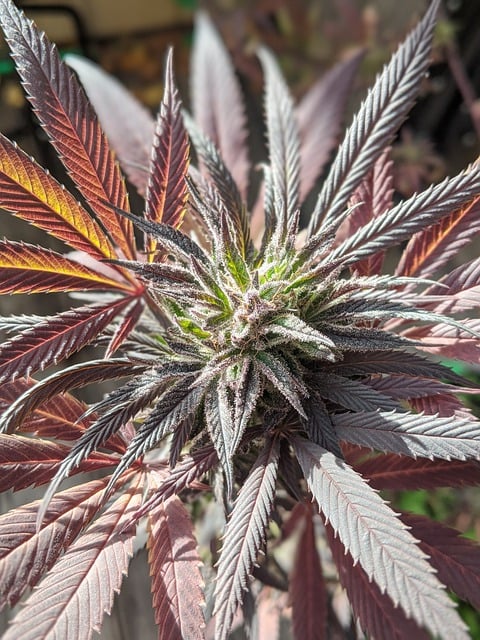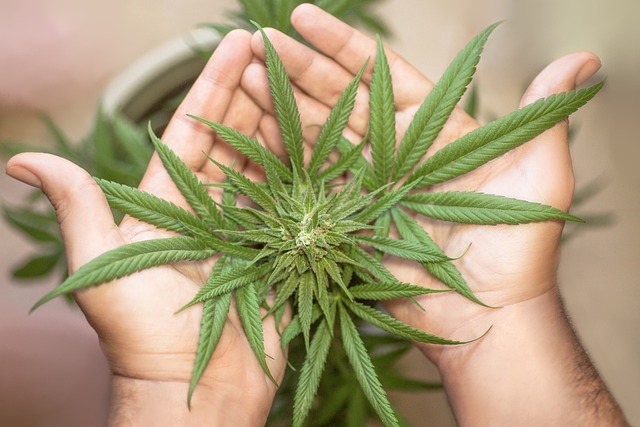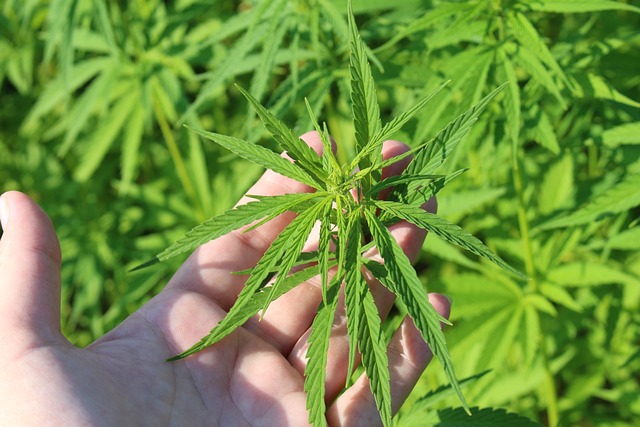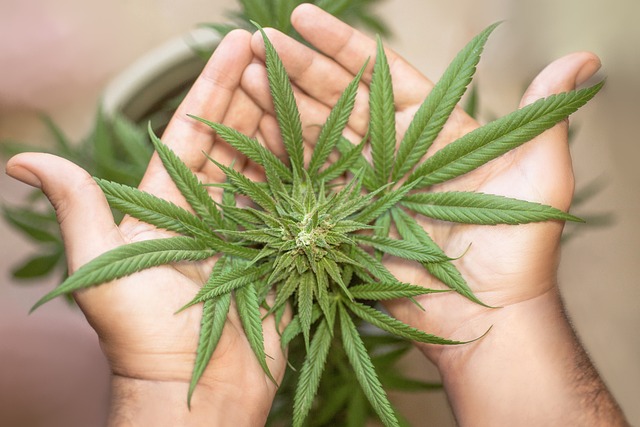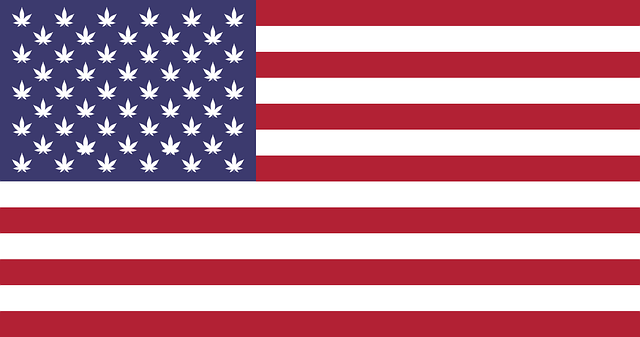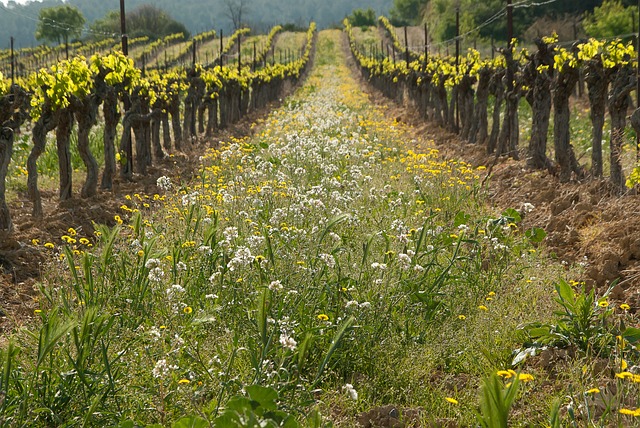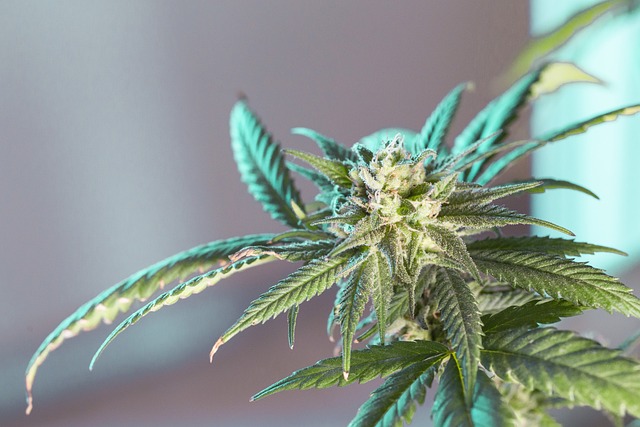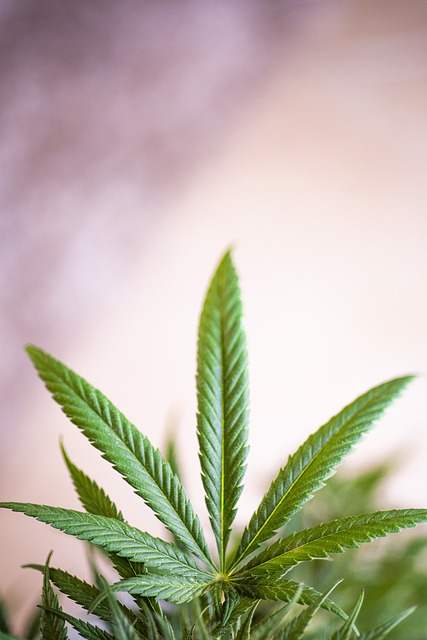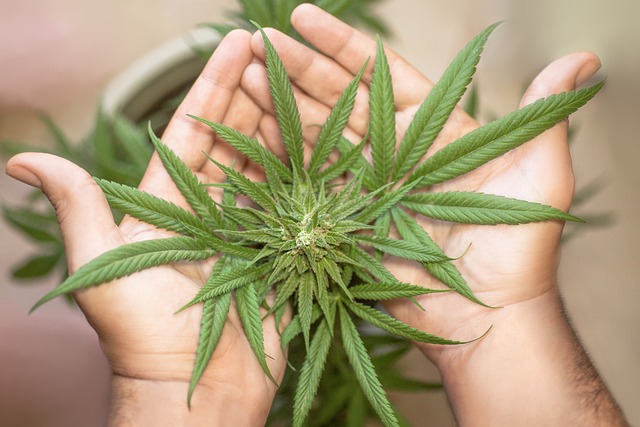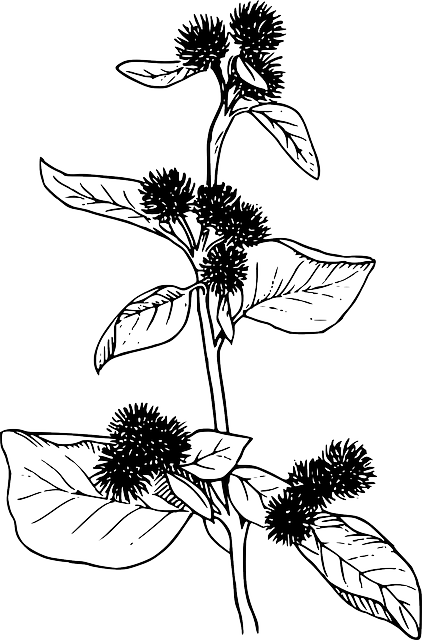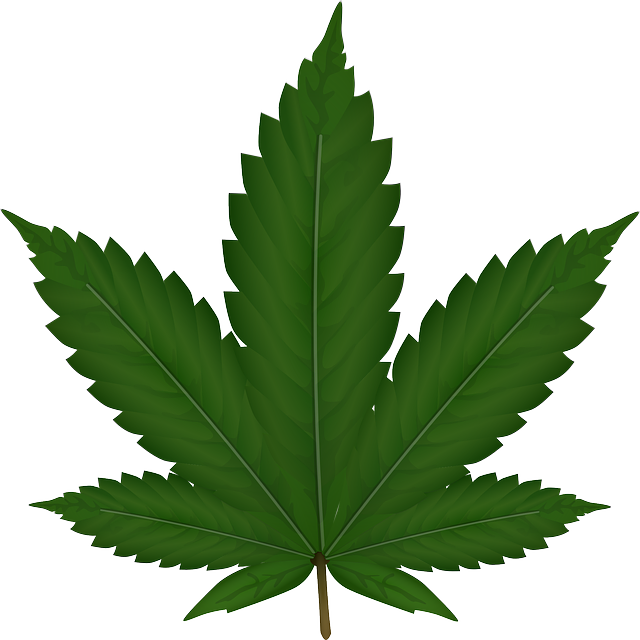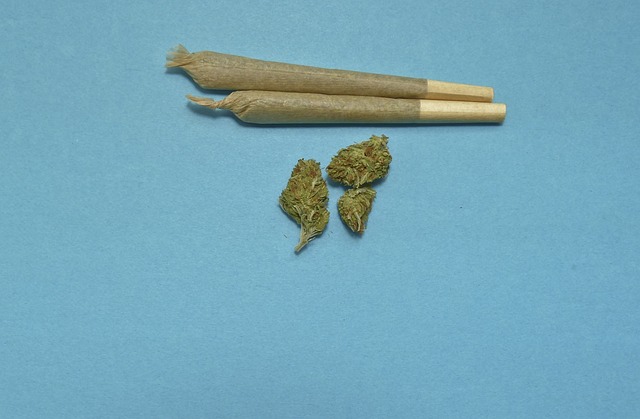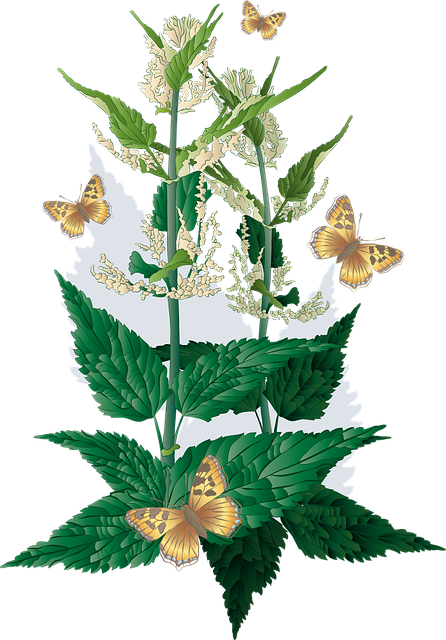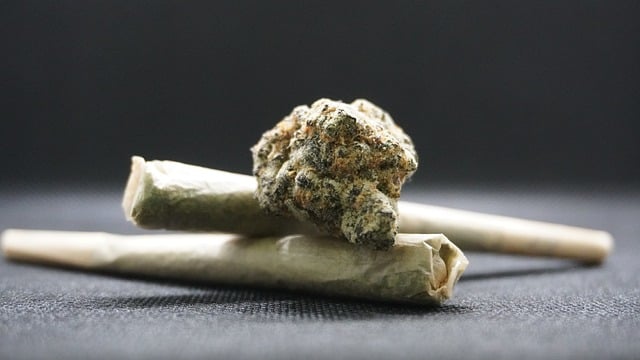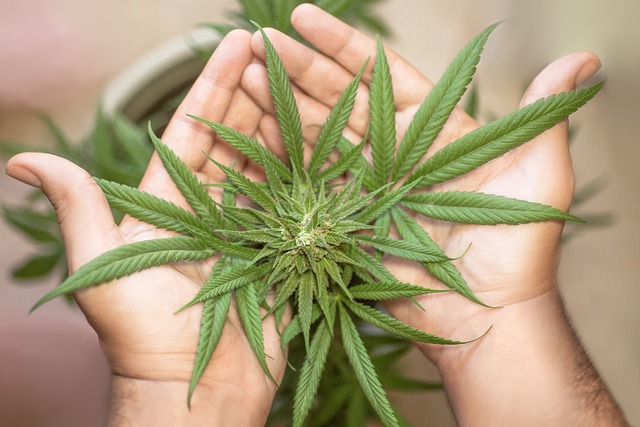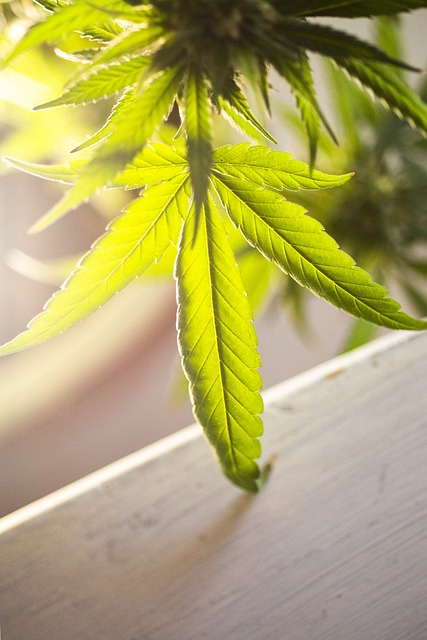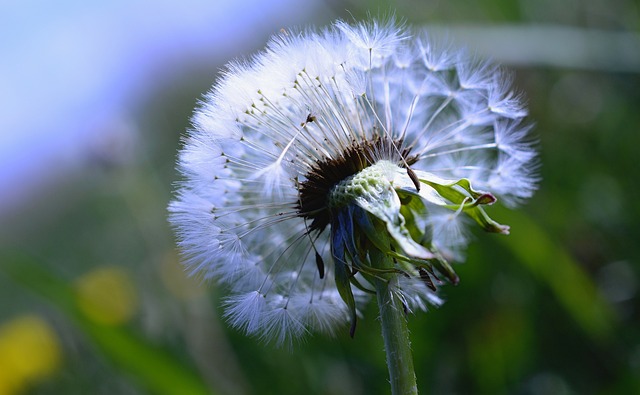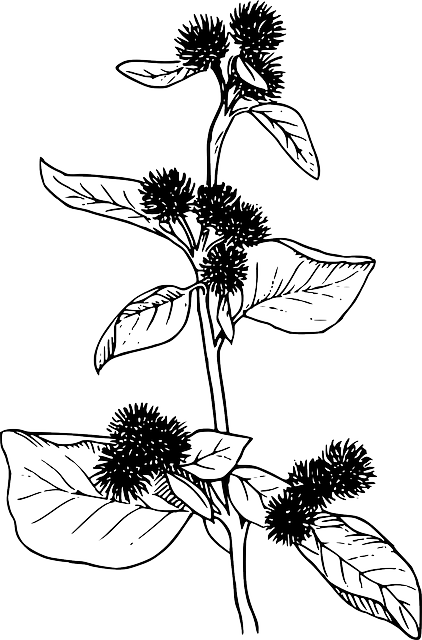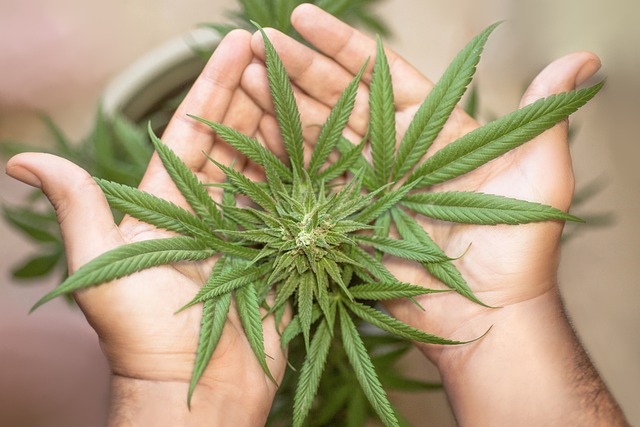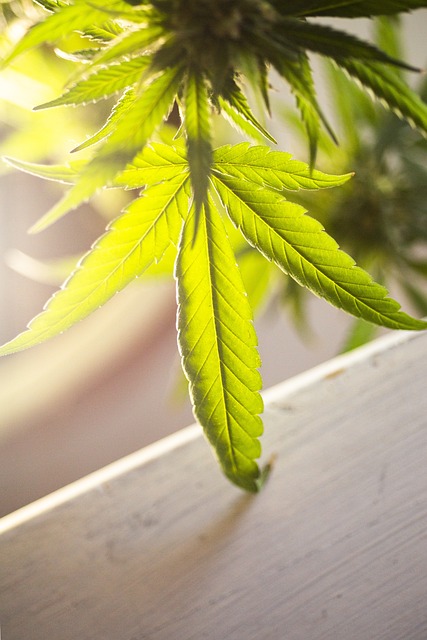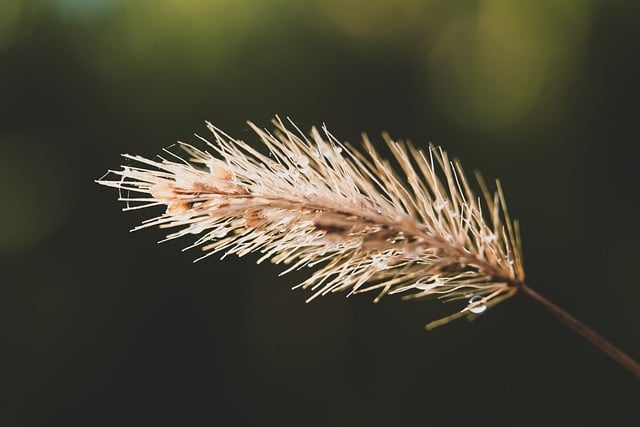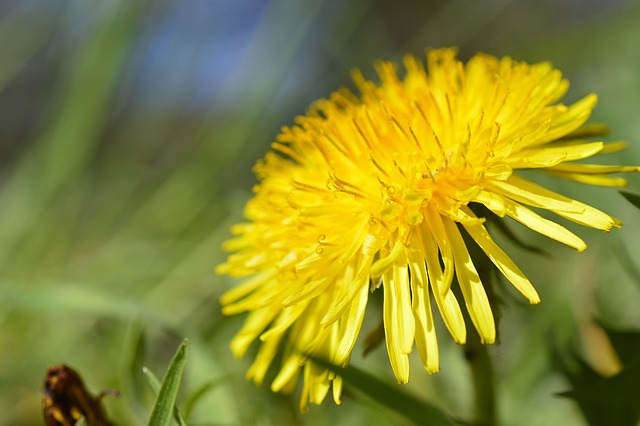Exploring THCA Flower Side Effects and Legalities in California

🌿 In California, THCA (Tetrahydrocannabinolic Acid), a non-psychoactive compound found in raw cannabis, has become a subject of interest due to its potential health benefits and legality under Proposition 64. Unlike its psychoactive form THC, THCA requires heat to become active. Adults aged 21+ can legally purchase up to one ounce of THCA flower from licensed dispensaries. THCA's legal status is clear when sourced from state-licensed producers and sold through regulated outlets. While it's less potent than THC, users should be aware that consuming THCA in its raw form won't produce psychoactive effects but must be decarboxylated for these effects to occur. Research is ongoing into THCA's therapeutic properties, and while it's a focus of scientific and medical study, potential side effects such as dizziness and dry mouth should be considered. Moreover, those with lung conditions should exercise caution due to the respiratory risks associated with smoking or vaporizing THCA flower. Alternative consumption methods like edibles, tinctures, or topicals may be safer for individuals with pre-existing lung health concerns. The legal landscape in California supports informed use and exploration of THCA, emphasizing responsible consumption to navigate its effects safely.
Exploring the complexities and considerations surrounding THCA flower, this article delves into the nuanced effects of this burgeoning cannabinoid. As we navigate through its legal status in California and the emerging research on its side effects, we’ll uncover how THCA, a precursor to THC, can influence health and well-being. From respiratory considerations to psychoactive impacts, understanding dosage and individual tolerance is paramount for safe consumption. We’ll also discuss the importance of quality control in the market, the role of terpene profiles, and how California’s progressive cannabis laws shape the use and research of THCA flower. Join us as we dissect the therapeutic potential of THCA beyond its side effects and consider future research directions to enhance user experiences and safety.
- Understanding THCA Flower and Its Legal Status in California
- The Emergence of THCA as a Precursor to THC
- Potential Side Effects of THCA Flower Consumption
- Respiratory Considerations When Using THCA Flower
Understanding THCA Flower and Its Legal Status in California
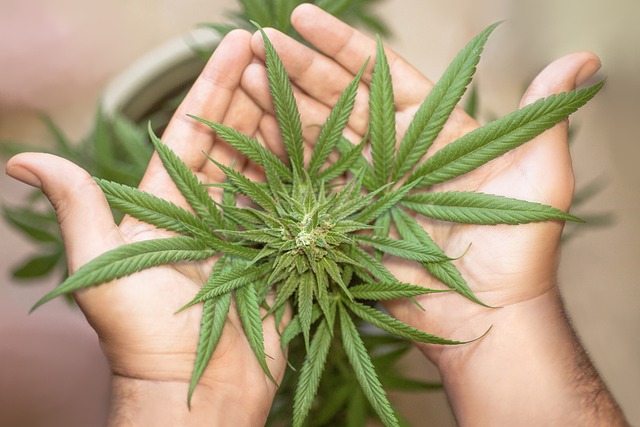
THCA, or Tetrahydrocannabinolic Acid, is a non-psychoactive cannabinoid found in raw cannabis plants, which is the precursor to THC, the primary psychoactive component of cannabis. As interest in the potential therapeutic benefits of cannabinoids grows, THCA has garnered attention for its own health and wellness properties. In California, where recreational marijuana was legalized in 2016 with Proposition 64, understanding the legal status of THCA flower is crucial for consumers and businesses alike.
California’s cannabis regulations differentiate between processed and unprocessed cannabis. The THCA flower, being an unprocessed form, falls under the state’s adult-use cannabis program as long as it is cultivated by a licensed producer. Adults 21 years of age or older can legally purchase and possess up to one ounce (28 grams) of dried cannabis flowers, including THCA flower, from a licensed retailer. However, because THCA is the acidic form of THC, it typically needs to be decarboxylated—heated to become THC—to produce psychoactive effects. Therefore, while the possession and sale of THCA flower are legal in California, its effects will only manifest once the compound has been converted into THC through proper heating methods. Users should be aware that consuming THCA flower as-is may not result in the expected psychoactive outcomes unless specifically processed to do so.
The Emergence of THCA as a Precursor to THC
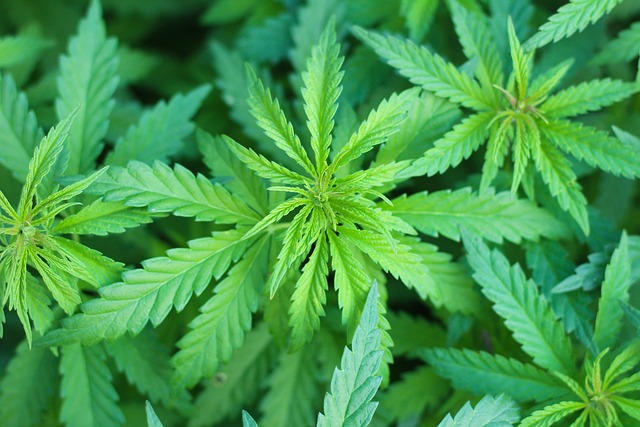
Delta-9-tetrahydrocannabinolic acid, commonly known as THCA, has garnered significant attention within the scientific and medical communities, particularly in regions like California where its legal status allows for extensive research. As a natural precursor to the psychoactive compound delta-9-tetrahydrocannabinol (THC), THCA has emerged as a subject of interest due to its potential therapeutic properties and distinct effects on human physiology. Unlike THC, which is the form most commonly associated with cannabis intoxication, THCA is non-psychoactive, making it an appealing alternative for those seeking the potential health benefits of cannabinoids without the ‘high.’ The legal landscape in California has been instrumental in facilitating the study and consumption of THCA flowers, providing a platform for understanding their effects more comprehensively. This has led to a burgeoning market for THCA-rich products, with consumers and researchers alike exploring its potential side effects and benefits. As research continues to evolve, the implications of THCA’s presence in legal cannabis markets like California’s are becoming clearer, offering a nuanced perspective on the broader cannabinoid spectrum and its influence on human health.
Potential Side Effects of THCA Flower Consumption
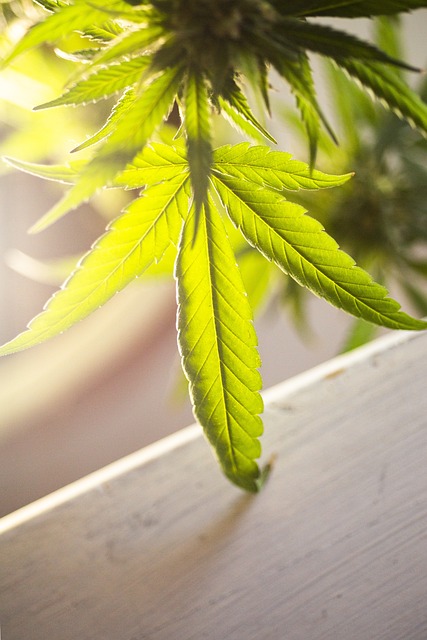
THCA, or Tetrahydrocannabinolic Acid, is a non-psychoactive cannabinoid found in raw cannabis plants, which can be decarboxylated to produce THC, the primary psychoactive component of cannabis. While THCA is legal in California under Proposition 64 and subsequent legislation, consumers should be aware of its potential side effects upon consumption. Initial reports suggest that THCA may possess a mild psychoactive effect at higher dosages, although it is not as potent as THC. Common side effects associated with THCA flower consumption include dizziness, dry mouth, and red eyes, which are similar to those experienced with THC. Additionally, some users may experience increased anxiety or paranoia, particularly if they have a low tolerance for cannabinoids. It is important for users to start with small doses to gauge their individual response and to avoid adverse reactions. As with any substance, the effects can vary based on individual factors such as body chemistry, metabolism, and personal sensitivity. Users are advised to consume THCA products responsibly and in accordance with local laws and regulations.
Respiratory Considerations When Using THCA Flower
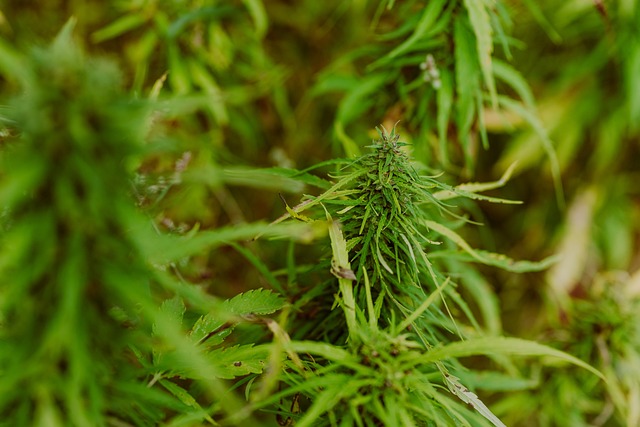
THCA, or Tetrahydrocannabinolic Acid, is a non-psychoactive precursor to THC found in the cannabis plant, which has garnered attention for its potential therapeutic benefits. As THCA flower becomes increasingly recognized and used, particularly within legal frameworks such as those in California, it’s crucial to consider the respiratory implications associated with its consumption. Users should be aware that when combusting THCA flower—whether through smoking or vaporizing—the act can irritate airways, much like traditional tobacco smoke. This irritation may manifest as coughing or a sore throat and can exacerbate pre-existing respiratory conditions. Individuals with asthma or other lung ailments should approach the use of THCA flower cautiously and consider consulting healthcare professionals for advice tailored to their specific health concerns. Additionally, prolonged exposure to cannabis smoke, similar to tobacco smoke, has been linked to potential long-term respiratory risks. While the legal status of THCA flower in California allows for more open research and discussion on its effects, it’s imperative for users to be informed about these respiratory considerations to make informed decisions regarding their use and to mitigate any adverse effects on lung health. Users are encouraged to explore alternative methods of consumption that may pose fewer risks to the respiratory system, such as edibles, tinctures, or topicals, especially if they have underlying lung conditions.
In conclusion, the exploration into THCA flower’s side effects and its legal status in California underscores the need for cautious consideration when engaging with this cannabinoid. While THCA is recognized as legal in California within certain parameters, understanding its potential respiratory impacts and overall effects on health is crucial for informed decision-making. As research continues to evolve, it remains imperative for users to approach THCA flower with a discerning eye, considering both the therapeutic benefits and possible adverse reactions. With a growing body of knowledge highlighting the nuances of THCA’s effects, consumers can make more informed choices about its use within the legal landscape of California.
